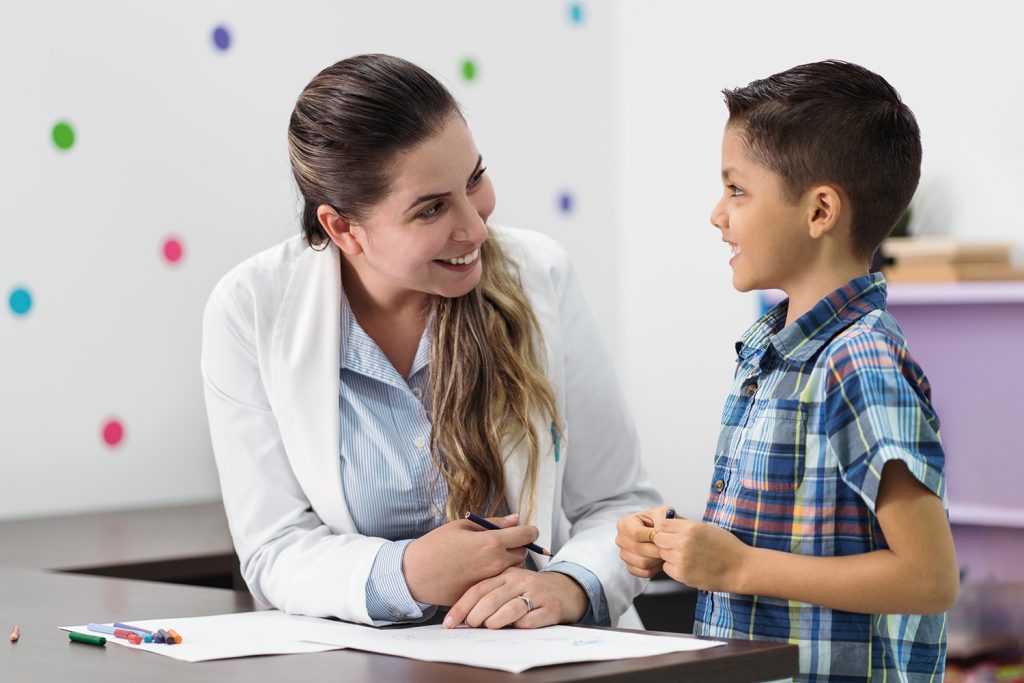A series of new think pieces is exploring issues and solutions
There have been large increases in the number of children who need support with their mental health following – but also pre-dating – the pandemic.
Behind these statistics are the real-life stories of young people and the struggle they and their families may be facing, with long waits or little support.
We also know that mental ill health does not impact all people equally.
Some groups are likely to be more affected as they either do not have the same protective factors, or they have vulnerabilities that may leave them more likely to experience poor mental health.
These include children in care, young people who identify as LGBT+, children from low-income families, and from some black and ethnic minority groups.
The relationships that councils have with partners and stakeholders, including schools, health, police and the voluntary sector, are integral for ensuring we can take a collaborative approach to supporting children’s mental health and wellbeing.
Despite promising ambitions set out by national government, however, the approach we are currently taking is unlikely to tackle the rise in demand for services, meaning not as many children and young people are going to be able to access the support they need.
The LGA has a series of asks with regards to children’s mental health on both a local and national level.
We always want to improve and refine these to be confident that what we are asking for will make the most difference to children and young people, their families and carers, and that councils have the tools they need to improve services.
So, we have brought together a range of stakeholders, people with lived experience, researchers, and experts in mental health, to independently develop a series of think pieces exploring children’s mental health, and provide an opportunity to think differently about what children and young people need to live well.
We are very grateful to the colleagues who have contributed their views (see below for tasters of just a few of them). They have offered intriguing and thought-provoking responses to what we need to see change to support children and young people, and their families and carers.
As you read through them, and the LGA’s view, I hope the content supports you to consider your role, your organisations, and how, collectively, in our day-to-day work we can secure a positive future for children and young people.

Lola, a young person involved in the NSPCC’s Young People’s Collective
“One way the Government can ensure that it is creating policies that will benefit all children is to include the voices of children themselves. As many of us have personal experience with the current system and all its flaws, we are the perfect people to ask for insight. It is also nearly impossible to create a system to support us without including us in deciding how it works.”
Dame Rachel de Souza, Children’s Commissioner for England
“If we want to promote good mental health among children, we need to start at the beginning – and look at the foundations for a happy life. For me, it is clear that this means starting with family.”
Professor Jim McManus and Sarah Muckle, respectively former President and Policy Lead for Children and Young People at the Association of Directors of Public Health
“Improving children’s mental health now is of vital importance. These children will grow up to be the next generation’s parents, and study after study has shown us that poor mental health in pregnancy, and in parents and carers of babies, has a negative impact on a child’s mental
- To read the children’s mental health think pieces in full, please visit www.local.gov.uk/foreword-childrens-mental-health-think-pieces